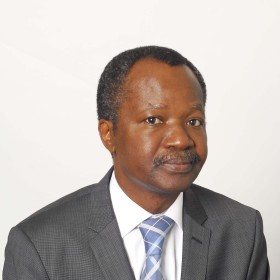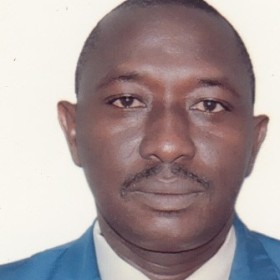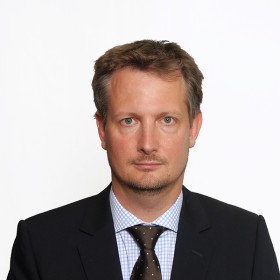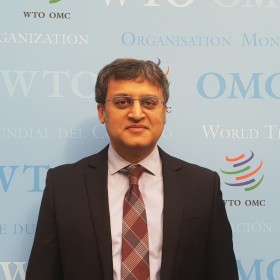Since September 2014, Mr Hendrik Schmitz Guinote has been serving as Counsellor for Development Policy at the Permanent Mission of the Federal Republic of Germany to the United Nations and other International Organizations in Geneva. In this role, he oversees Germany's engagement with Geneva‑based global partnerships and international organizations active in the area of development cooperation, with a special focus on Aid for Trade and health. He also serves as the focal point for the 2030 Agenda for Sustainable Development at the German Mission.
From 2010 to 2013, Mr Schmitz Guinote served as First Secretary at the German Permanent Mission to the United Nations in New York. There, he led Germany's engagement in the preparation of the Fourth United Nations Conference on the Least Developed Countries in Istanbul (Turkey) and the negotiations on the Istanbul Declaration and Programme of Action. Mr. Schmitz Guinote also represented Germany on the Boards of UNDP, UNFPA, UNICEF and UN Women.
Mr Schmitz Guinote joined the German Federal Ministry for Economic Cooperation and Development (BMZ) in 2006. Previous assignments at the BMZ include the role of German Development Commissioner in Mazar-e-Sharif (Afghanistan) and desk officer in the Aid for Trade and in the World Bank Division. In 2006, Mr Schmitz Guinote represented Germany in the EU Council Working Group on ACP countries.
Before joining the BMZ, Mr Schmitz Guinote worked at the German Federal Foreign Office in Berlin on EU matters, with UNDP in Timor-Leste and with GTZ in the Caucasus region. Mr Schmitz Guinote holds an M.A. in political science, law and economics from Albert-Ludwigs-Universität Freiburg (Germany).
Board Member, Germany




